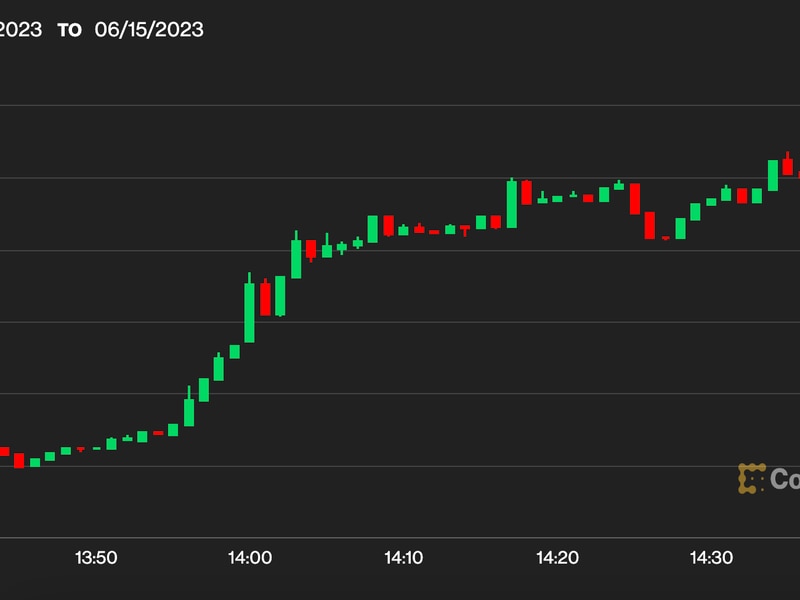Leveraging Bitcoin’s Security for Trustless Asset Transfers
Bridges have consistently posed serious security risks, especially in connecting Bitcoin and Ethereum, the two largest blockchains. These ecosystems remain largely isolated from each other, and cross-chain bridges have repeatedly been vulnerable to hacks, resulting in billions of dollars in losses. What’s needed is a new approach — one that leverages Bitcoin’s robust security to create non-custodial asset transfers between chains.
Current bridges often rely on centralized components and cryptographic systems that introduce single points of failure. When these bridges are compromised, user funds are immediately at risk. Instead of addressing the root causes, the industry has focused on increasingly complex solutions that only add more attack vectors. This approach has not solved the fundamental security flaws.
Bitcoin’s proof-of-work consensus has a decade-long track record of reliability. Rather than trying to reinvent the wheel, we should be looking to Bitcoin as the foundation for secure cross-chain infrastructure. While some argue that Ethereum’s programmability makes it better suited for cross-chain activity, its complexity has led to numerous vulnerabilities, particularly in Ethereum-based bridges and Layer 2 solutions.
That said, Ethereum’s flexibility is valuable for innovation, and its role shouldn’t be diminished. But when securing billions in cross-chain assets, Bitcoin’s proven security model is essential. By anchoring cross-chain tunnels to Bitcoin’s blockchain through mechanisms like Proof-of-Proof (PoP), we can create a system that inherits Bitcoin’s resistance to attacks without modifying its core protocol.
This approach could enable secure, trustless asset transfers by using Bitcoin scripts and covenants for locking and unlocking assets across chains. While Bitcoin’s scripting language may be limited, it has been rigorously tested and remains a reliable foundation. Innovations like BitVM further demonstrate how Bitcoin’s security can be extended to support complex cross-chain interactions.
Some argue that Bitcoin is too slow or inflexible for cross-chain infrastructure. However, in blockchain systems, speed and complexity often come at the cost of security. Bitcoin’s simplicity is a feature, not a drawback, making it an ideal trust anchor for cross-chain tunnels.
By periodically publishing state roots to Bitcoin, other chains could inherit Bitcoin’s security robustness, creating a scalable and secure foundation for cross-chain interoperability. This would allow other networks to benefit from Bitcoin’s security without requiring changes to Bitcoin itself.
Building secure cross-chain infrastructure will take collaboration between developers from different ecosystems, along with new standards and practices. But the reward — achieving secure, trustless interoperability between Bitcoin and Ethereum — makes the effort worthwhile.
It’s time to stop viewing Bitcoin and Ethereum as competitors and recognize them as complementary parts of a broader ecosystem. By combining Bitcoin’s security with Ethereum’s programmability, we can build a more secure and functional blockchain network, with cross-chain tunnels offering a better alternative to the fragile bridges of the past.
Note: The views expressed in this column are those of the author and do not necessarily reflect those of CoinDesk, Inc. or its owners and affiliates.
Edited by Benjamin Schiller.
Disclosure
Please note that our
privacy policy,
terms of use,
cookies,
and
do not sell my personal information
has been updated
.
CoinDesk is an
award-winning
media outlet that covers the cryptocurrency industry. Its journalists abide by a
strict set of editorial policies.
In November 2023
, CoinDesk was acquired
by the Bullish group, owner of
Bullish,
a regulated, digital assets exchange. The Bullish group is majority-owned by
Block.one; both companies have
interests
in a variety of blockchain and digital asset businesses and significant holdings of digital assets, including bitcoin.
CoinDesk operates as an independent subsidiary with an editorial committee to protect journalistic independence. CoinDesk employees, including journalists, may receive options in the Bullish group as part of their compensation.
:format(jpg)/author-service-images-prod-us-east-1.publishing.aws.arc.pub/coindesk/6b4e1950-4eb4-4825-8bbf-38637dd35d54.jpeg)
Jeff Garzik is the co-founder and CEO of Bloq and leader of the Hemi Network project. He has long been at the center of developing and commercializing open source software related to Bitcoin and blockchain technology. Previously, he spent five years as a Bitcoin core developer and ten years at Red Hat.









